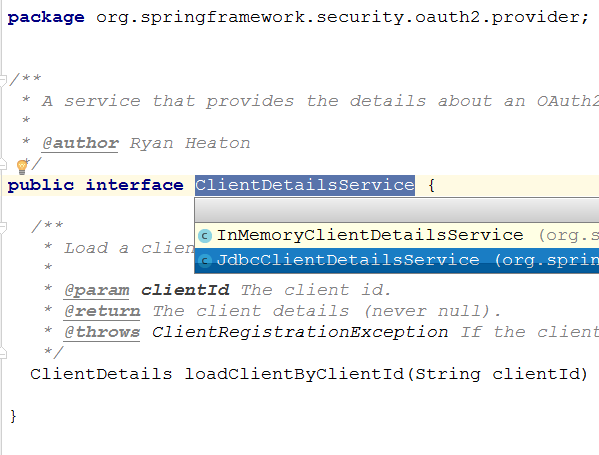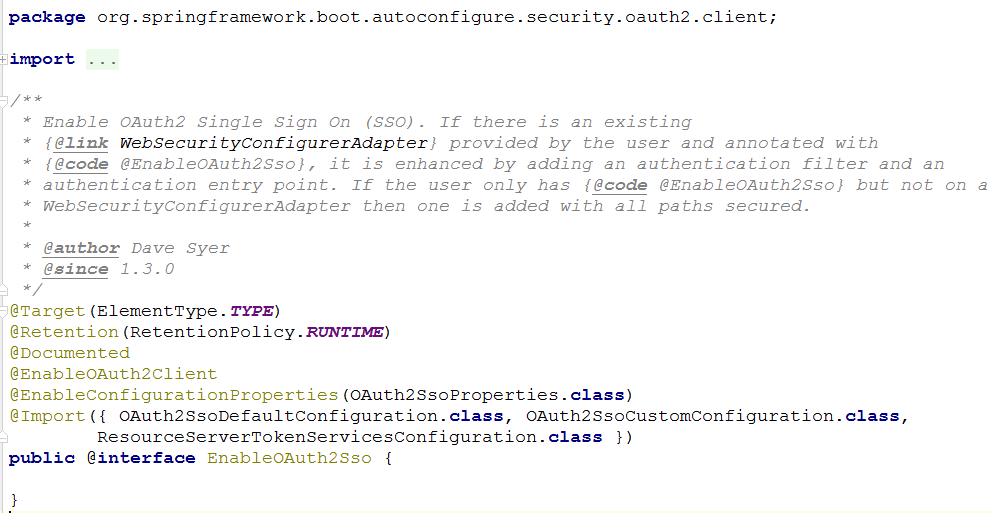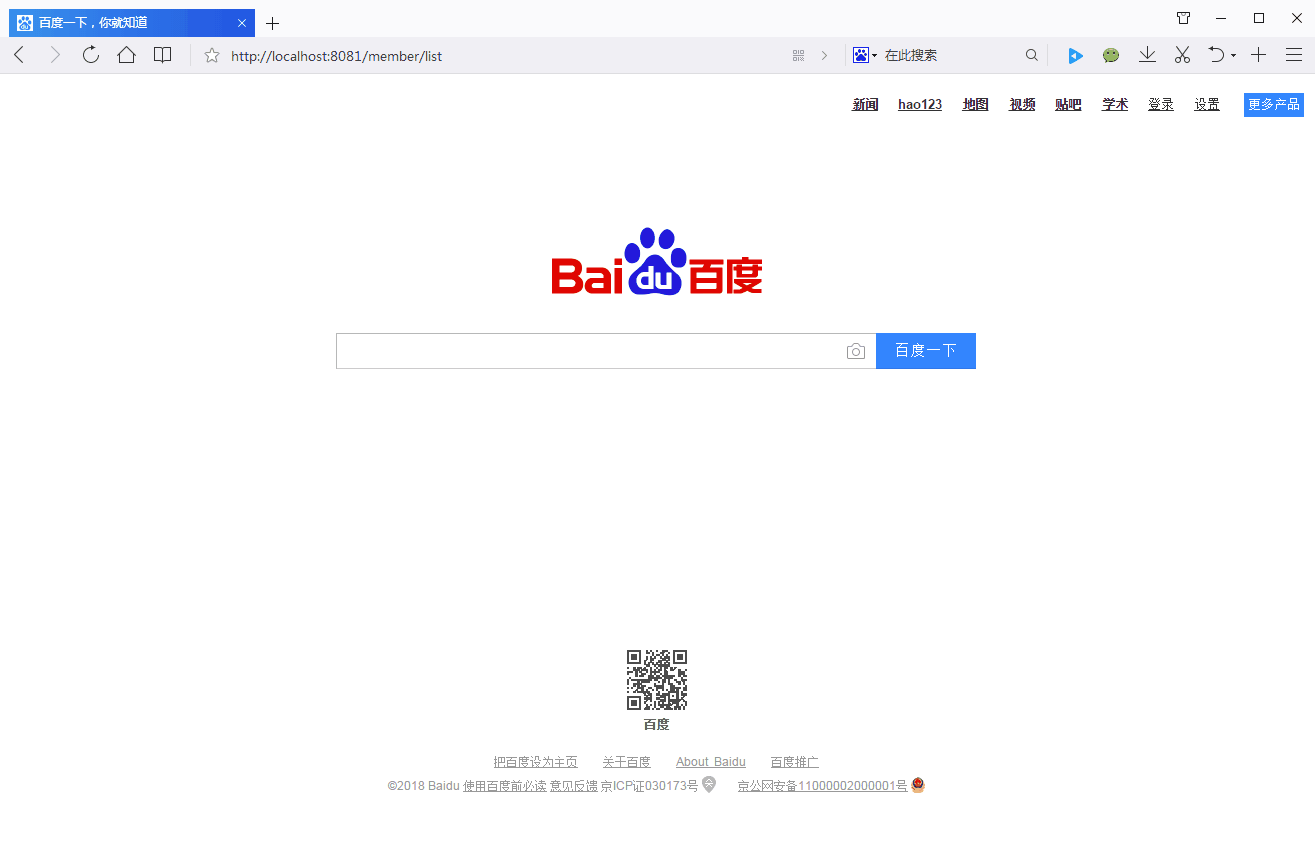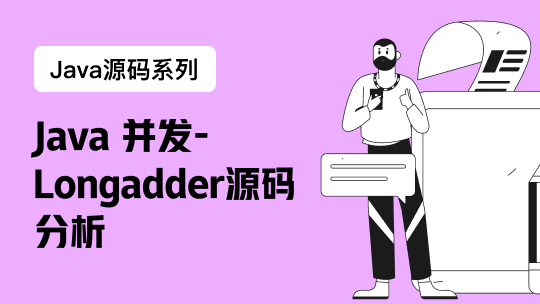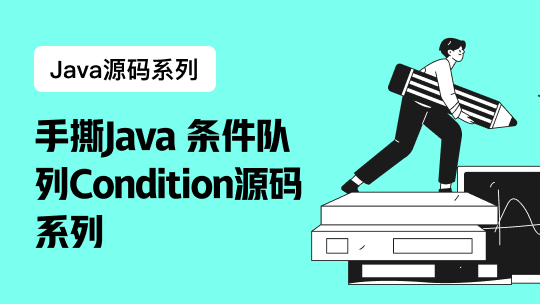通常公司肯定不止一个系统,每个系统都需要进行认证和权限控制,不可能每个每个系统都自己去写,这个时候需要把登录单独提出来
- 登录和授权是统一的
- 业务系统该怎么写还怎么写
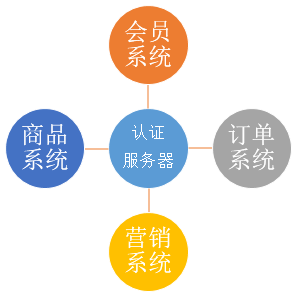
最近学习了一下Spring Security,今天用Spring Security OAuth2简单写一个单点登录的示例
在此之前,需要对OAuth2有一点了解
这里有几篇文章可能会对你有帮助
1. 服务器端配置
1.1. Maven依赖

<groupId>com.cjs.example</groupId>
<artifactId>cjs-oauth2-sso-auth-server</artifactId>
<version>0.0.1-SNAPSHOT</version>
<packaging>jar</packaging>
<name>cjs-oauth2-sso-auth-server</name>
<parent>
<groupId>org.springframework.boot</groupId>
<artifactId>spring-boot-starter-parent</artifactId>
<version>2.0.3.RELEASE</version>
<relativePath/> <!-- lookup parent from repository -->
</parent>
<properties>
<project.build.sourceEncoding>UTF-8</project.build.sourceEncoding>
<project.reporting.outputEncoding>UTF-8</project.reporting.outputEncoding>
<java.version>1.8</java.version>
</properties>
<dependencies>
<dependency>
<groupId>org.springframework.boot</groupId>
<artifactId>spring-boot-starter-security</artifactId>
</dependency>
<dependency>
<groupId>org.springframework.security.oauth</groupId>
<artifactId>spring-security-oauth2</artifactId>
<version>2.3.3.RELEASE</version>
</dependency>
<dependency>
<groupId>org.springframework.boot</groupId>
<artifactId>spring-boot-starter-thymeleaf</artifactId>
</dependency>
<dependency>
<groupId>org.thymeleaf.extras</groupId>
<artifactId>thymeleaf-extras-springsecurity4</artifactId>
</dependency>
<dependency>
<groupId>org.springframework.boot</groupId>
<artifactId>spring-boot-starter-web</artifactId>
</dependency>
<dependency>
<groupId>org.springframework.boot</groupId>
<artifactId>spring-boot-starter-jdbc</artifactId>
</dependency>
<dependency>
<groupId>mysql</groupId>
<artifactId>mysql-connector-java</artifactId>
<version>5.1.46</version>
</dependency>
<dependency>
<groupId>org.projectlombok</groupId>
<artifactId>lombok</artifactId>
<optional>true</optional>
</dependency>
<dependency>
<groupId>org.springframework.boot</groupId>
<artifactId>spring-boot-starter-test</artifactId>
<scope>test</scope>
</dependency>
<dependency>
<groupId>org.springframework.security</groupId>
<artifactId>spring-security-test</artifactId>
<scope>test</scope>
</dependency>
</dependencies>
<build>
<plugins>
<plugin>
<groupId>org.springframework.boot</groupId>
<artifactId>spring-boot-maven-plugin</artifactId>
</plugin>
</plugins>
</build>

1.2. 配置授权服务器

package com.cjs.example.config;
import org.springframework.context.annotation.Configuration; import org.springframework.security.oauth2.config.annotation.configurers.ClientDetailsServiceConfigurer; import org.springframework.security.oauth2.config.annotation.web.configuration.AuthorizationServerConfigurerAdapter; import org.springframework.security.oauth2.config.annotation.web.configuration.EnableAuthorizationServer; import org.springframework.security.oauth2.config.annotation.web.configurers.AuthorizationServerEndpointsConfigurer; import org.springframework.security.oauth2.config.annotation.web.configurers.AuthorizationServerSecurityConfigurer;
import javax.annotation.Resource; import javax.sql.DataSource;
@Configuration @EnableAuthorizationServer public class AuthorizationServerConfig extends AuthorizationServerConfigurerAdapter {
@Resource
private DataSource dataSource;
/\*\*
\* 配置授权服务器的安全,意味着实际上是/oauth/token端点。
\* /oauth/authorize端点也应该是安全的
\* 默认的设置覆盖到了绝大多数需求,所以一般情况下你不需要做任何事情。
\*/
@Override
public void configure(AuthorizationServerSecurityConfigurer security) throws Exception {
super.configure(security);
}
/\*\*
\* 配置ClientDetailsService
\* 注意,除非你在下面的configure(AuthorizationServerEndpointsConfigurer)中指定了一个AuthenticationManager,否则密码授权方式不可用。
\* 至少配置一个client,否则服务器将不会启动。
\*/
@Override
public void configure(ClientDetailsServiceConfigurer clients) throws Exception {
clients.jdbc(dataSource);
}
/\*\*
\* 该方法是用来配置Authorization Server endpoints的一些非安全特性的,比如token存储、token自定义、授权类型等等的
\* 默认情况下,你不需要做任何事情,除非你需要密码授权,那么在这种情况下你需要提供一个AuthenticationManager
\*/
@Override
public void configure(AuthorizationServerEndpointsConfigurer endpoints) throws Exception {
super.configure(endpoints);
}
}

说明:这里授权服务器我主要是配置了注册客户端,客户端可以从内存中或者数据库中加载,这里我从数据库中加载,因为这样感觉更真实一点儿。
查看JdbcClientDetailsService源码我们不难看出其表结构。(PS:也可以自定义,就像UserDetailsService那样)
这里,我准备的SQL脚本如下:

CREATE TABLE oauth_client_details ( client_id VARCHAR(256) PRIMARY KEY, resource_ids VARCHAR(256), client_secret VARCHAR(256), scope VARCHAR(256), authorized_grant_types VARCHAR(256), web_server_redirect_uri VARCHAR(256), authorities VARCHAR(256), access_token_validity INTEGER, refresh_token_validity INTEGER, additional_information VARCHAR(4096), autoapprove VARCHAR(256) ); INSERT INTO oauth_client_details (client_id, client_secret, scope, authorized_grant_types, web_server_redirect_uri, autoapprove) VALUES ('MemberSystem', '$2a$10$dYRcFip80f0jIKGzRGulFelK12036xWQKgajanfxT65QB4htsEXNK', 'user_info', 'authorization_code', 'http://localhost:8081/login', 'user_info'); INSERT INTO oauth_client_details (client_id, client_secret, scope, authorized_grant_types, web_server_redirect_uri, autoapprove) VALUES ('CouponSystem', '$2a$10$dYRcFip80f0jIKGzRGulFelK12036xWQKgajanfxT65QB4htsEXNK', 'user_info', 'authorization_code', 'http://localhost:8082/login', 'user_info');

这里注册了两个客户端,分别是MemberSystem和CouponSystem。
1.3. 配置WebSecurity

package com.cjs.example.config;
import com.cjs.example.support.MyUserDetailsService; import org.springframework.beans.factory.annotation.Autowired; import org.springframework.context.annotation.Bean; import org.springframework.context.annotation.Configuration; import org.springframework.security.authentication.AuthenticationManager; import org.springframework.security.config.annotation.authentication.builders.AuthenticationManagerBuilder; import org.springframework.security.config.annotation.web.builders.HttpSecurity; import org.springframework.security.config.annotation.web.builders.WebSecurity; import org.springframework.security.config.annotation.web.configuration.EnableWebSecurity; import org.springframework.security.config.annotation.web.configuration.WebSecurityConfigurerAdapter; import org.springframework.security.crypto.bcrypt.BCryptPasswordEncoder; import org.springframework.security.crypto.password.PasswordEncoder;
@Configuration @EnableWebSecurity public class SecurityConfig extends WebSecurityConfigurerAdapter {
@Autowired
private MyUserDetailsService myUserDetailsService;
@Override
protected void configure(HttpSecurity http) throws Exception {
http.authorizeRequests()
.antMatchers("/oauth/\*\*","/login/\*\*", "/logout").permitAll()
.anyRequest().authenticated() // 其他地址的访问均需验证权限
.and()
.formLogin()
.loginPage("/login")
.and()
.logout().logoutSuccessUrl("/");
}
@Override
public void configure(WebSecurity web) throws Exception {
web.ignoring().antMatchers("/assets/\*\*");
}
@Override
protected void configure(AuthenticationManagerBuilder auth) throws Exception {
auth.userDetailsService(myUserDetailsService).passwordEncoder(passwordEncoder());
}
@Bean
@Override
public AuthenticationManager authenticationManager() throws Exception {
return super.authenticationManager();
}
@Bean
public PasswordEncoder passwordEncoder() {
return new BCryptPasswordEncoder();
}
}

说明:
- 这里,主要配置了UserDetailsService

package com.cjs.example.support;
import com.cjs.example.domain.SysPermission; import com.cjs.example.domain.SysRole; import com.cjs.example.domain.SysUser; import com.cjs.example.service.UserService; import org.springframework.beans.factory.annotation.Autowired; import org.springframework.security.core.authority.SimpleGrantedAuthority; import org.springframework.security.core.userdetails.User; import org.springframework.security.core.userdetails.UserDetails; import org.springframework.security.core.userdetails.UserDetailsService; import org.springframework.security.core.userdetails.UsernameNotFoundException; import org.springframework.stereotype.Service;
import java.util.ArrayList; import java.util.List;
@Service public class MyUserDetailsService implements UserDetailsService {
@Autowired
private UserService userService;
/\*\*
\* 授权的时候是对角色授权,而认证的时候应该基于资源,而不是角色,因为资源是不变的,而用户的角色是会变的
\*/
@Override
public UserDetails loadUserByUsername(String username) throws UsernameNotFoundException {
SysUser sysUser = userService.getUserByName(username);
if (null == sysUser) {
throw new UsernameNotFoundException(username);
}
List<SimpleGrantedAuthority> authorities = new ArrayList<>();
for (SysRole role : sysUser.getRoleList()) {
for (SysPermission permission : role.getPermissionList()) {
authorities.add(new SimpleGrantedAuthority(permission.getCode()));
}
}
return new User(sysUser.getUsername(), sysUser.getPassword(), authorities);
}
}

1.4. 新建登录页面

package com.cjs.example.controller;
import org.springframework.stereotype.Controller; import org.springframework.web.bind.annotation.GetMapping; import org.springframework.web.bind.annotation.RequestMapping;
@Controller public class LoginController {
@RequestMapping("/login")
public String login() {
return "login";
}
@GetMapping("/index")
public String index() {
return "index";
}
}

1.5. application.yml

server: port: 8080 spring: datasource: url: jdbc:mysql://10.123.52.189:3306/oh_coupon username: devdb password: d^V$0Fu!/6-<s driver-class-name: com.mysql.jdbc.Driver logging: level: root: debug

2. 客户端配置
2.1. Maven依赖

<groupId>com.example</groupId>
<artifactId>cjs-oauth2-sso-ui</artifactId>
<version>0.0.1-SNAPSHOT</version>
<packaging>jar</packaging>
<name>cjs-oauth2-sso-ui</name>
<parent>
<groupId>org.springframework.boot</groupId>
<artifactId>spring-boot-starter-parent</artifactId>
<version>2.0.3.RELEASE</version>
<relativePath/> <!-- lookup parent from repository -->
</parent>
<properties>
<project.build.sourceEncoding>UTF-8</project.build.sourceEncoding>
<project.reporting.outputEncoding>UTF-8</project.reporting.outputEncoding>
<java.version>1.8</java.version>
</properties>
<dependencies>
<dependency>
<groupId>org.springframework.boot</groupId>
<artifactId>spring-boot-starter-web</artifactId>
</dependency>
<dependency>
<groupId>org.springframework.boot</groupId>
<artifactId>spring-boot-starter-security</artifactId>
</dependency>
<dependency>
<groupId>org.springframework.boot</groupId>
<artifactId>spring-boot-starter-thymeleaf</artifactId>
</dependency>
<dependency>
<groupId>org.thymeleaf.extras</groupId>
<artifactId>thymeleaf-extras-springsecurity4</artifactId>
</dependency>
<dependency>
<groupId>org.springframework.security.oauth</groupId>
<artifactId>spring-security-oauth2</artifactId>
<version>2.3.3.RELEASE</version>
</dependency>
<dependency>
<groupId>org.springframework.security.oauth.boot</groupId>
<artifactId>spring-security-oauth2-autoconfigure</artifactId>
<version>2.0.1.RELEASE</version>
</dependency>
<dependency>
<groupId>org.projectlombok</groupId>
<artifactId>lombok</artifactId>
<optional>true</optional>
</dependency>
</dependencies>
<build>
<plugins>
<plugin>
<groupId>org.springframework.boot</groupId>
<artifactId>spring-boot-maven-plugin</artifactId>
</plugin>
</plugins>
</build>

2.2. WebSecurity配置

package com.cjs.example.config;
import org.springframework.boot.autoconfigure.security.oauth2.client.EnableOAuth2Sso; import org.springframework.context.annotation.Configuration; import org.springframework.security.config.annotation.method.configuration.EnableGlobalMethodSecurity; import org.springframework.security.config.annotation.web.builders.HttpSecurity; import org.springframework.security.config.annotation.web.configuration.WebSecurityConfigurerAdapter;
@EnableOAuth2Sso @Configuration @EnableGlobalMethodSecurity(prePostEnabled = true) public class UiSecurityConfig extends WebSecurityConfigurerAdapter {
@Override
public void configure(HttpSecurity http) throws Exception {
http.antMatcher("/\*\*")
.authorizeRequests()
.antMatchers("/", "/login\*\*").permitAll()
.anyRequest()
.authenticated();
}
}

说明:
这里最重要的是应用了**@EnableOAuth2Sso**注解
Spring Boot 1.x 版本和 2.x 版本在OAuth2这一块的差异还是比较大的,在Spring Boot 2.x 中没有@EnableOAuth2Sso这个注解,所以我引用了spring-security-oauth2-autoconfigure
2.3. 定义一个简单的控制器

package com.cjs.example.controller;
import com.cjs.example.domain.Member; import org.springframework.security.access.prepost.PreAuthorize; import org.springframework.stereotype.Controller; import org.springframework.web.bind.annotation.RequestMapping; import org.springframework.web.bind.annotation.ResponseBody; import org.springframework.web.servlet.ModelAndView;
import java.util.ArrayList; import java.util.List;
@Controller @RequestMapping("/member") public class MemberController {
/\*\*
\* 会员列表页面
\*/
@RequestMapping("/list")
public ModelAndView list() {
ModelAndView modelAndView = new ModelAndView("member/list");
return modelAndView;
}
/\*\*
\* 导出
\*/
@PreAuthorize("hasAuthority('memberExport')")
@ResponseBody
@RequestMapping("/export")
public List<Member> export() {
Member member = new Member();
member.setName("苏九儿");
member.setCode("1000");
member.setMobile("13112345678");
member.setGender(1);
Member member1 = new Member();
member1.setName("郭双");
member1.setCode("1001");
member1.setMobile("15812346723");
member1.setGender(1);
List<Member> list = new ArrayList<>();
list.add(member);
list.add(member1);
return list;
}
/\*\*
\* 详情
\*/
@PreAuthorize("hasAuthority('memberDetail')")
@RequestMapping("/detail")
public ModelAndView detail() {
return new ModelAndView(" member/detail");
}
}

2.4. application.yml

server: port: 8081 servlet: session: cookie: name: UISESSIONMEMBER
security: oauth2: client: client-id: MemberSystem client-secret: 12345 access-token-uri: http://localhost:8080/oauth/token user-authorization-uri: http://localhost:8080/oauth/authorize resource: user-info-uri: http://localhost:8080/user/me logging: level: root: debug spring: thymeleaf: cache: false

说明:
- 这里需要注意的是不要忘记设置cookie-name,不然会有一些莫名其妙的问题,比如“User must be authenticated with Spring Security before authorization can be completed”
3. 运行效果
在这个例子中,会员系统(localhost:8081)和营销系统(localhost:8082)是两个系统
可以看到,当我们登录会员系统以后,再进营销系统就不需要登录了。
3.1. 遗留问题
- 退出
- 记住我
3.2. 工程结构
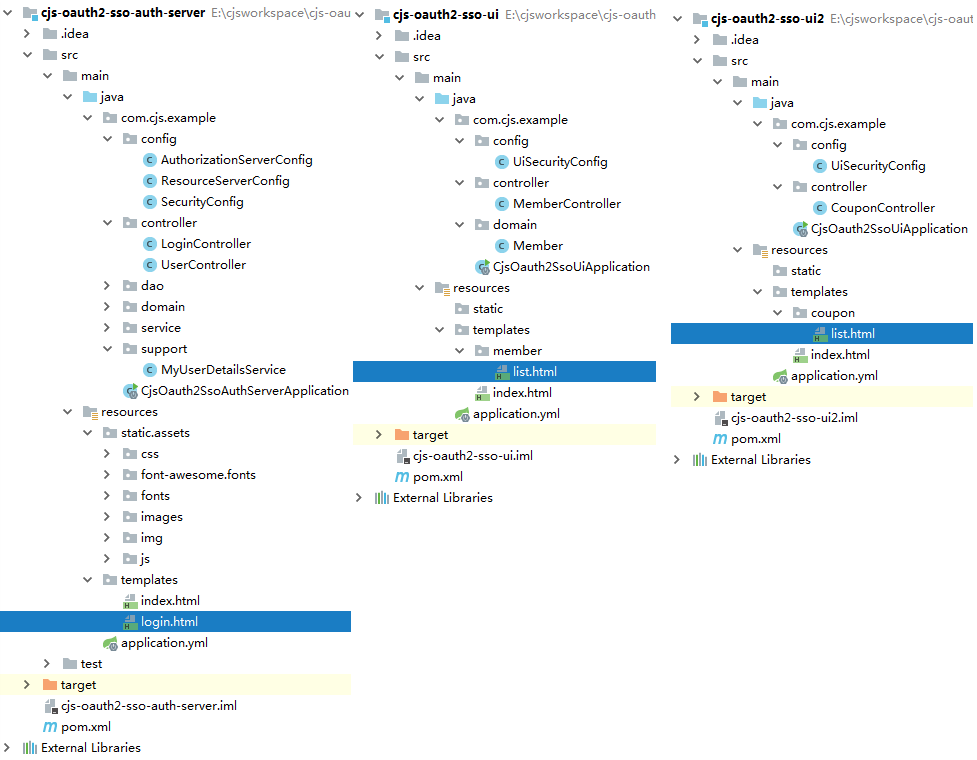
https://github.com/chengjiansheng/cjs-oauth2-example.git
3.3. 参考
https://github.com/eugenp/tutorials/tree/master/spring-security-sso
https://blog.csdn.net/sinat_24798023/article/details/80536881
https://segmentfault.com/a/1190000012384850
http://www.baeldung.com/spring-security-oauth-revoke-tokens


